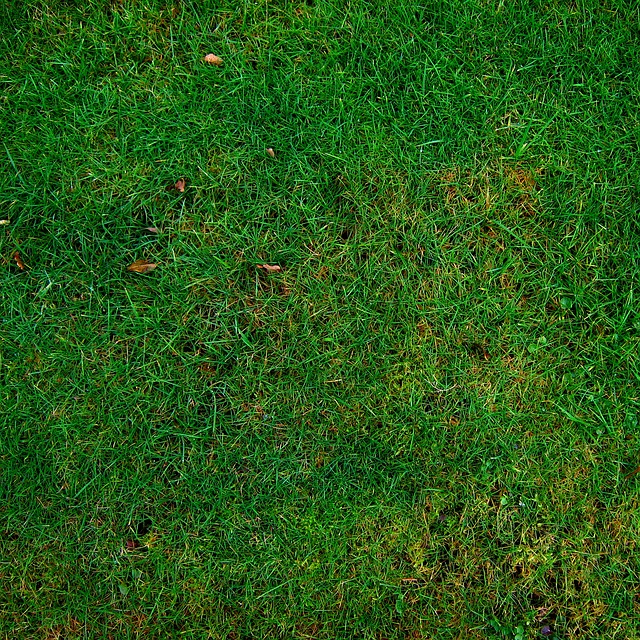Homeowners opting for eco-friendly yard care focus on a holistic approach that minimizes environmental impact without sacrificing beauty. Key strategies include Yard Waste Removal and Recycling (YWRR), where organic materials like grass clippings and leaves are composted instead of sent to landfills, reducing carbon footprints and promoting a circular economy. Local governments often offer composting programs or guidance. Skipping YWRR is a missed opportunity; recycled yard waste can become nutrient-rich compost, benefiting local ecosystems. Effective removal involves setting aside collection days and utilizing community recycling or homemade composting bins. This holistic approach reduces waste, enhances soil fertility, promotes biodiversity, and contributes to a more sustainable future.
Many homeowners are increasingly turning towards eco-friendly yard care practices, driven by a desire to protect the environment and promote sustainable living. This shift is particularly evident in the way people approach yard waste removal and recycling, seeking innovative solutions to reduce, reuse, and recycle organic materials. This article delves into understanding these eco-conscious practices, exploring their benefits for both homeowners and the broader environment, while highlighting the crucial role of proper yard waste removal and recycling.
- Understanding Eco-Friendly Yard Care Practices
- The Role of Yard Waste Removal and Recycling
- Benefits for Homeowners and the Environment
Understanding Eco-Friendly Yard Care Practices

Homeowners interested in eco-friendly yard care should understand that it’s about more than just using natural fertilizers and pesticides. It involves a holistic approach to landscaping that minimizes environmental impact while maintaining a healthy, vibrant outdoor space. One key component is yard waste removal and recycling. Instead of sending grass clippings, leaves, and other organic materials to landfills, eco-conscious homeowners compost them, turning these waste products into nutrient-rich soil amendments that benefit their lawns and gardens.
This practice not only reduces the carbon footprint associated with yard waste disposal but also fosters a circular economy where resources are reused and recycled. Many local governments offer composting programs or provide guidance on home composting to make this process accessible for residents. Additionally, proper tree pruning and hedge trimming can be integrated into regular maintenance, ensuring that organic materials are managed responsibly while promoting the health and aesthetics of plants throughout the year.
The Role of Yard Waste Removal and Recycling

Homeowners looking for eco-friendly yard care often overlook an essential component: proper yard waste removal and recycling. This simple yet powerful practice significantly contributes to a greener environment. By implementing responsible disposal methods, homeowners can reduce the amount of organic material ending up in landfills, which is a major cause of methane gas emissions. Instead, recycled yard waste can be transformed into nutrient-rich compost, benefiting local ecosystems and promoting sustainable gardening practices.
Effective yard waste removal involves setting aside specific collection days for grass clippings, leaves, and other organic materials. Many communities offer dedicated recycling programs that collect and process these items, ensuring they are properly handled. Homeowners can also invest in composting bins to create their own compost, which can then be used to enhance soil fertility and support the growth of healthy plants. This not only reduces waste but also fosters a circular economy, where resources are reused and recycled, contributing to a more sustainable future for all.
Benefits for Homeowners and the Environment

Homeowners who adopt eco-friendly yard care practices reap numerous benefits, both for their properties and the environment. By minimizing the use of synthetic chemicals and adopting sustainable methods like composting and organic gardening, they reduce pollution and contribute to a healthier ecosystem. Yard Waste Removal and Recycling become seamless components of this transition; organic waste is transformed into valuable resources that enrich soil fertility and support local ecosystems.
This approach not only cuts down on harmful chemical runoff into water bodies but also promotes biodiversity by fostering habitats for beneficial insects and wildlife. Additionally, eco-friendly yard care can lead to significant cost savings for homeowners over time, as they become less reliant on expensive commercial products and more self-sufficient in maintaining their outdoor spaces.
Adopting eco-friendly yard care practices, including efficient Yard Waste Removal and Recycling, is a win-win for both homeowners and the environment. By embracing these sustainable methods, individuals can reduce their ecological footprint, promote local ecosystems’ health, and contribute to a greener, more vibrant community. This simple shift in approach ensures that our outdoor spaces thrive while preserving natural resources for future generations.
